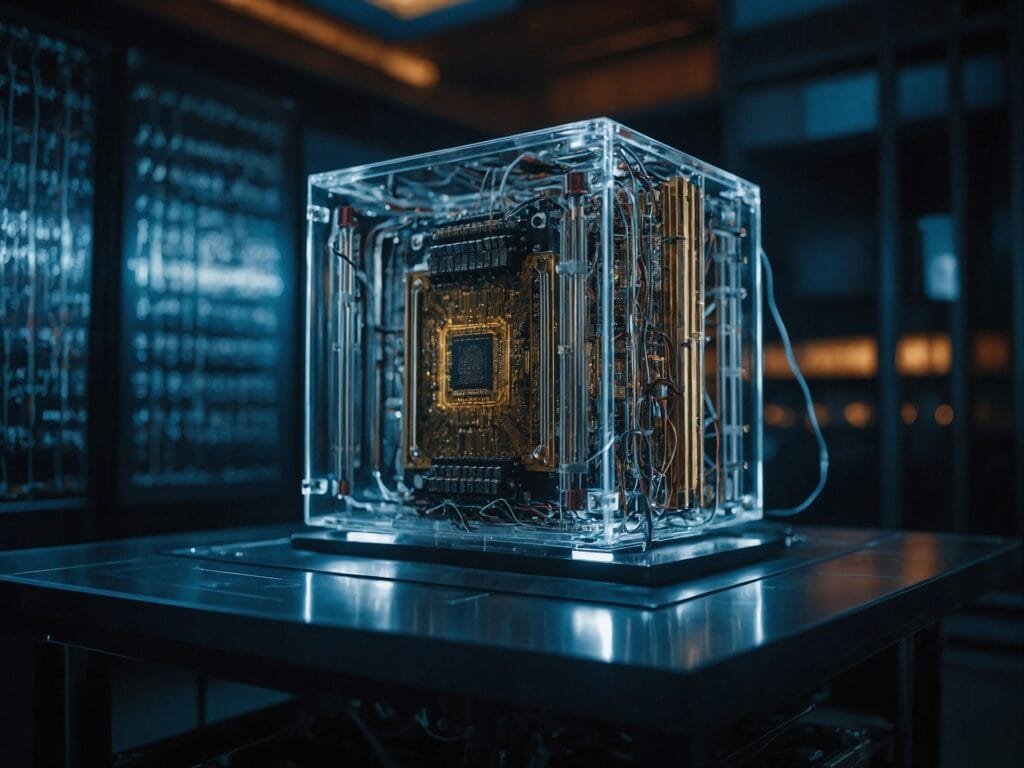India’s partnership with Powerchip takes a key step forward, while Japan’s similar venture falters.
India lands its first semiconductor fab in a deal with Powerchip, while Japan misses out. A significant step for India’s tech ambitions in the global semiconductor supply chain.
India has taken a major step forward in its pursuit of becoming a global semiconductor player. In a newly confirmed partnership with Taiwan’s Powerchip (PSMC), India will host its first semiconductor fabrication plant, marking a significant milestone in its growing tech ambitions.
While this is a win for India, it seems to come at Japan’s expense, as a similar venture there has been called off.
How It All Started
This story began in March when Tata Group, a giant in India’s industrial landscape, announced plans to collaborate with Powerchip to build a semiconductor fab.
The deal was positioned as a big win for India, with promises of producing up to 50,000 12-inch wafers per month.
Tata touted access to advanced manufacturing technologies, including nodes like 28nm and 40nm, essential for a range of electronics.
At the time, excitement was high. Some even speculated that construction would begin before the end of 2023, pushing India into the semiconductor space as a global contender.
Finalizing the Deal
However, the deal wasn’t fully settled until last Friday, when Tata and PSMC signed a definitive agreement.
This final contract marks the official beginning of the project, though it seems some early promises have been scaled back. Initial plans to start building this year are no longer mentioned.
While this fab won’t churn out the cutting-edge chips seen in smartphones or data centers, it will focus on critical components like power management chips, microcontrollers, and display drivers.
Tata calls this a “key milestone” in its long-term plan to integrate India into the global semiconductor supply chain.

Japan’s Missed Opportunity
On the same day that Tata and PSMC finalized their agreement, another story was unfolding in Japan.
The Japanese financial group SBI announced that it had dissolved a joint venture with Powerchip that had similar ambitions to build a fab in Japan.
Much like the Indian deal, PSMC was supposed to bring its semiconductor expertise, while SBI would provide the financial backing.
However, last week, PSMC officially pulled out of the Japanese deal, stating that the current conditions made it difficult to continue with the project.
SBI’s statement indicated that securing subsidies for the Japanese fab proved challenging, suggesting that the Japanese government wasn’t as eager to fund the venture as India’s has been.
As a result, Japan lost out on a potential fab while India secured its own, albeit one that focuses on more basic, less lucrative chip production.
What This Means for India
India’s government has been pushing hard to attract semiconductor manufacturers, setting up multi-billion dollar funds to incentivize companies.
While it’s still unclear if the Tata-PSMC deal will receive any of this funding, it’s likely that India’s government will proudly celebrate this achievement.
Though the fab may not produce high-margin or leading-edge chips, it is still a significant win for India’s burgeoning electronics manufacturing industry.
It positions the country as a reliable partner in the global semiconductor supply chain, which is especially important as many nations look to diversify their sources of chips amid rising geopolitical tensions.
A Key Milestone for India
India has secured its first semiconductor fab, and while it may not be as glamorous as producing high-end chips, it’s still a notable achievement.
This deal reinforces India’s place on the global stage and could pave the way for more advanced fabs in the future.
Japan, on the other hand, seems to have missed out, as PSMC’s decision to pull back from its Japanese project signals a shift in its priorities.
With global competition in the semiconductor industry heating up, this is a significant victory for India.